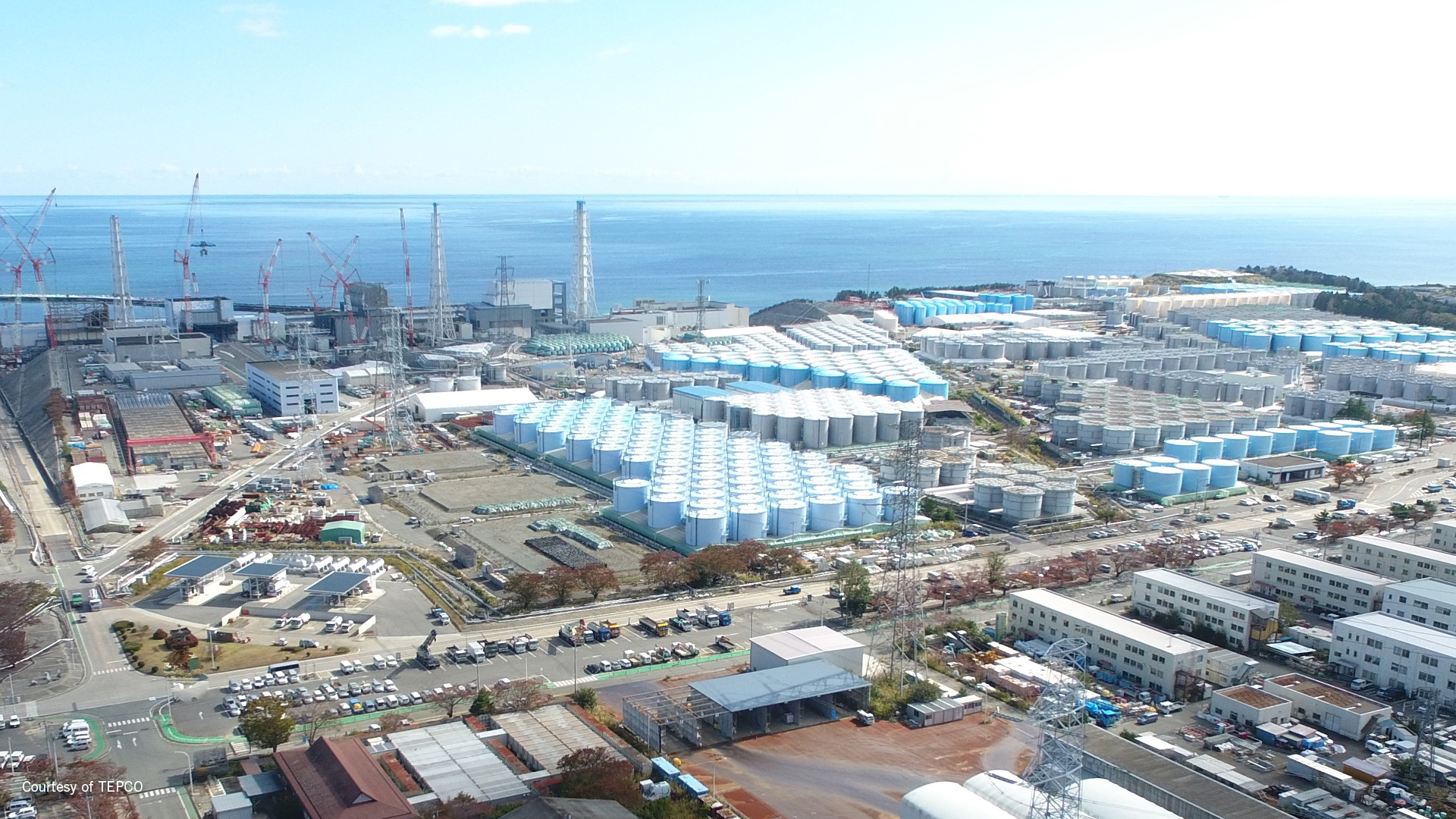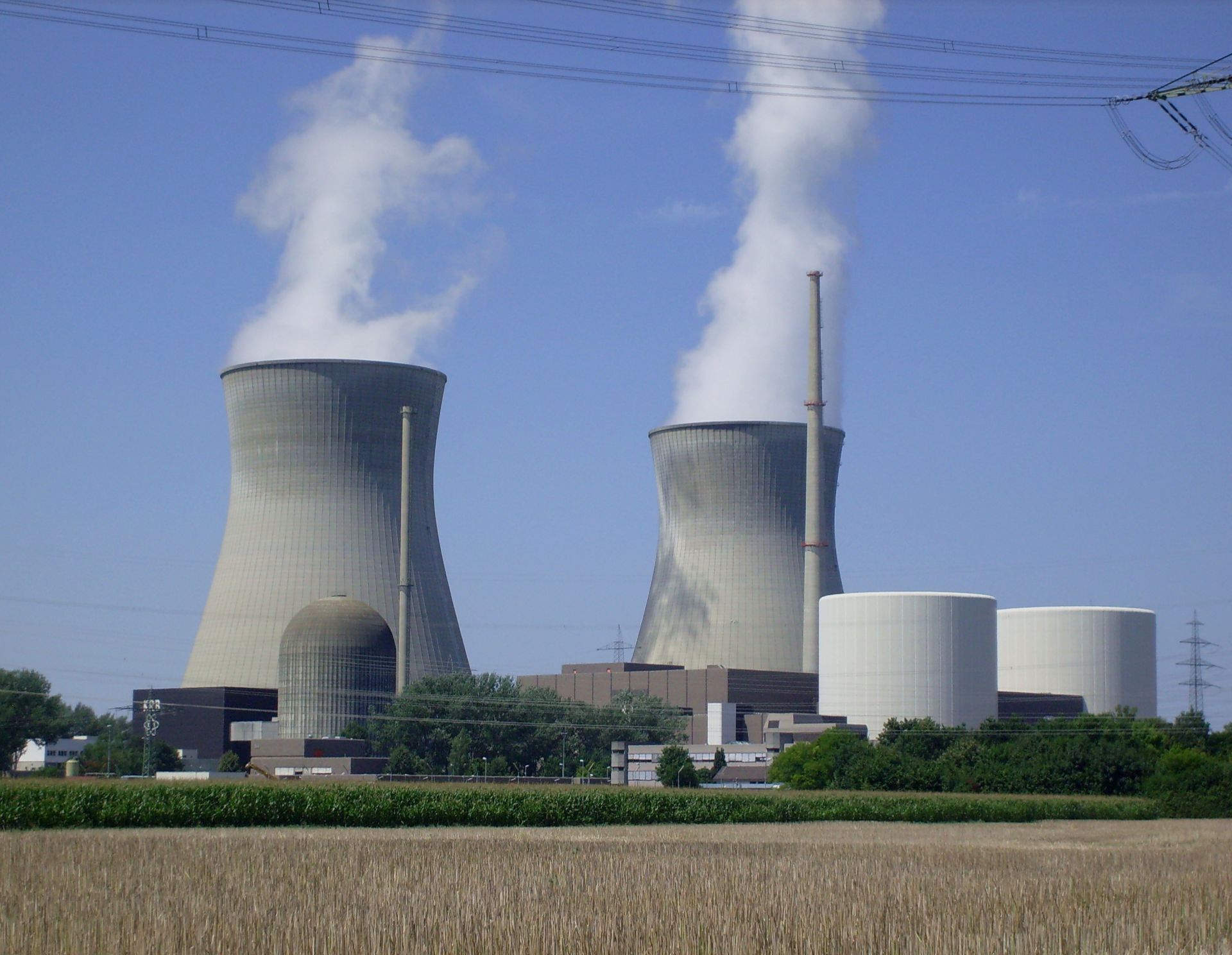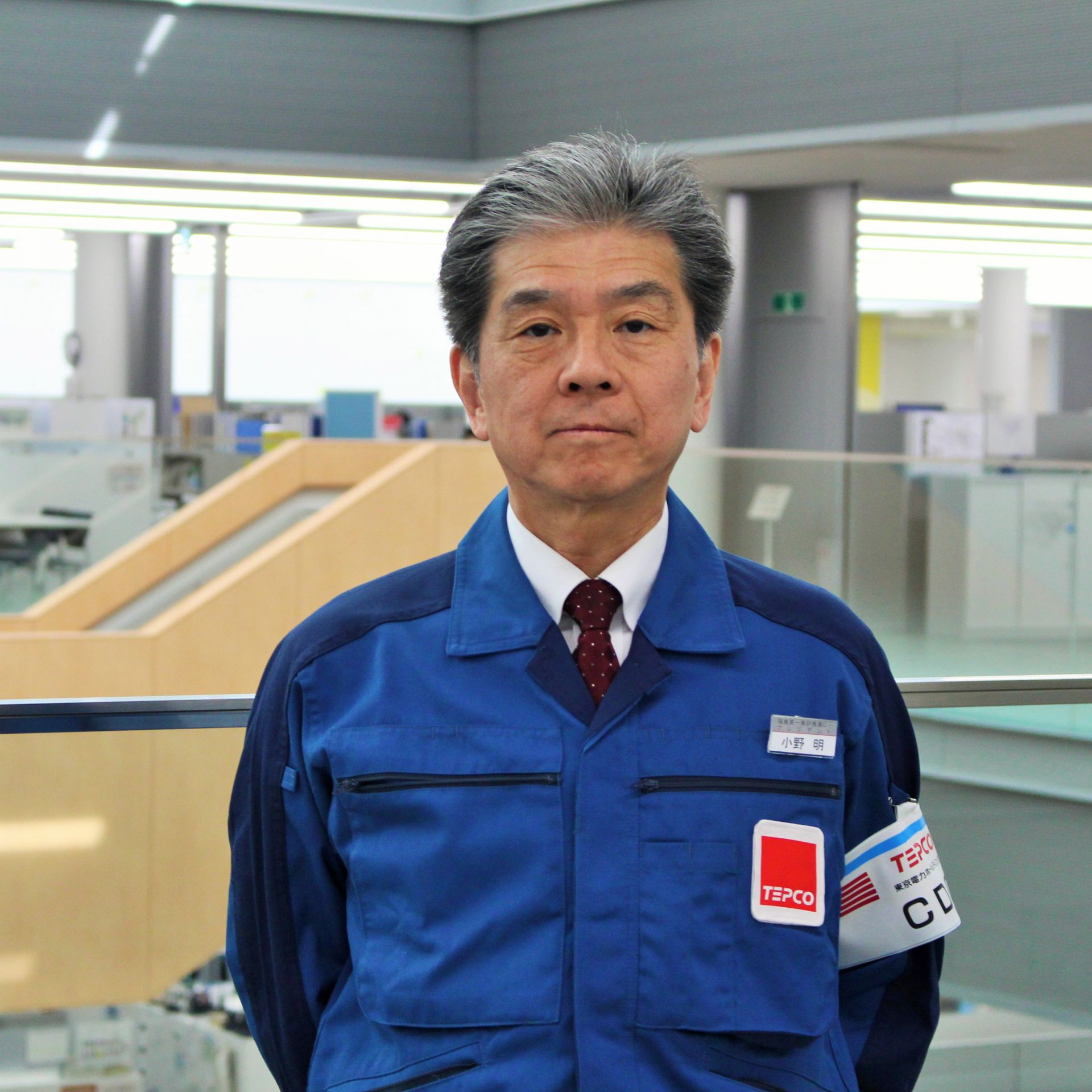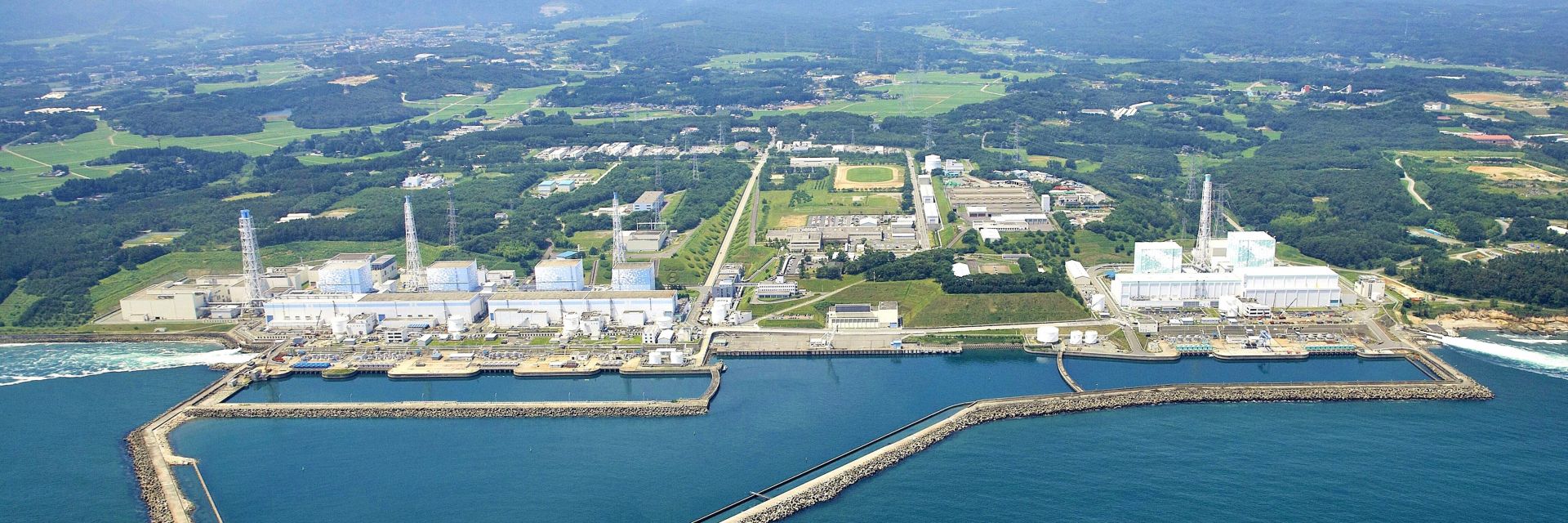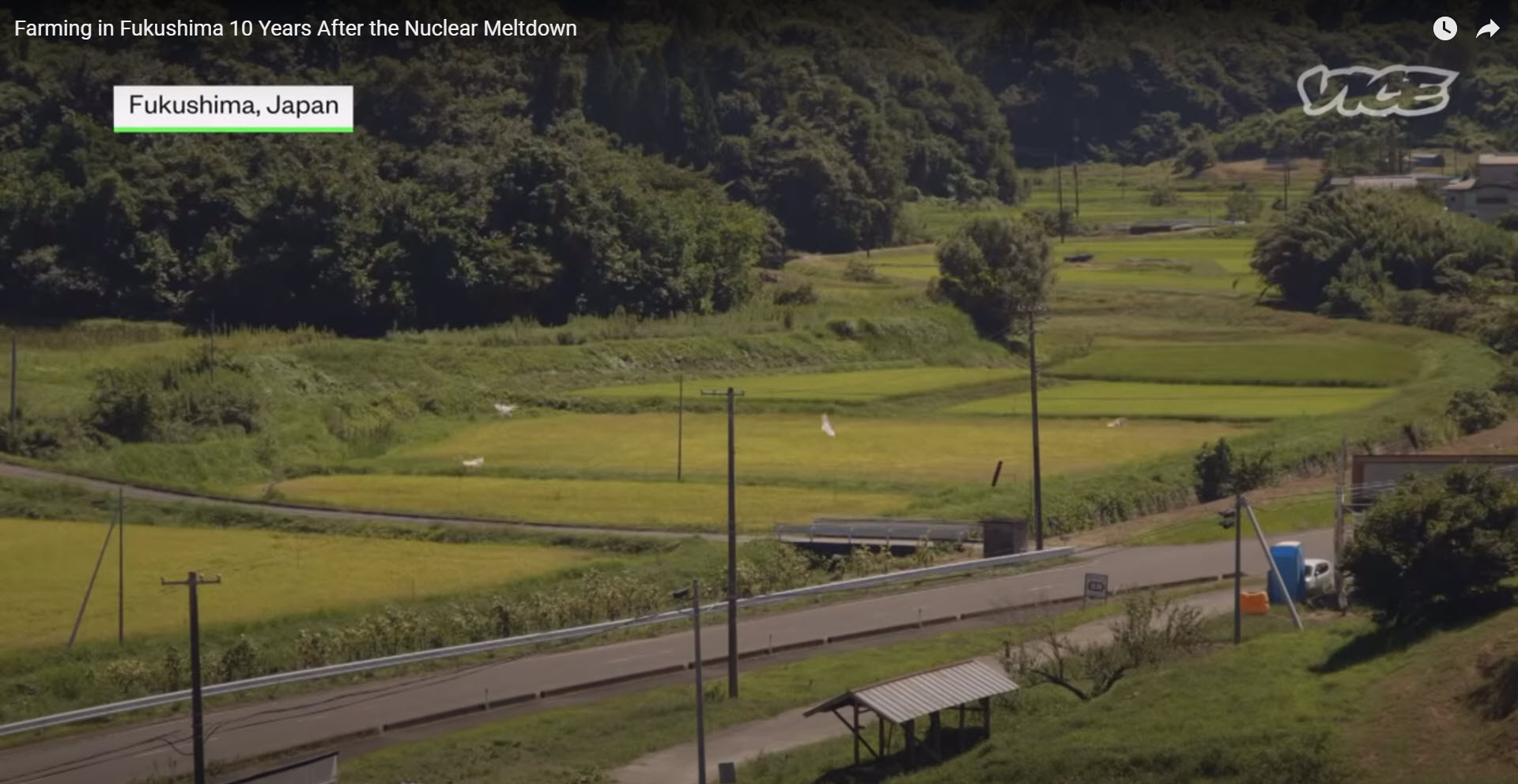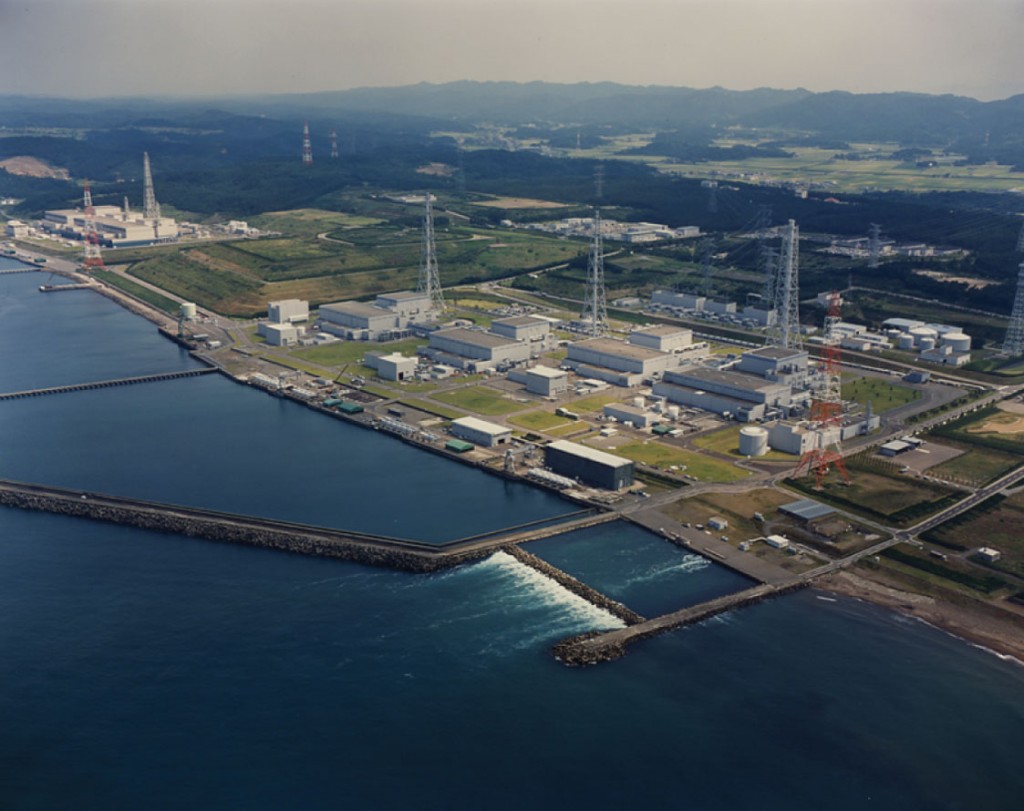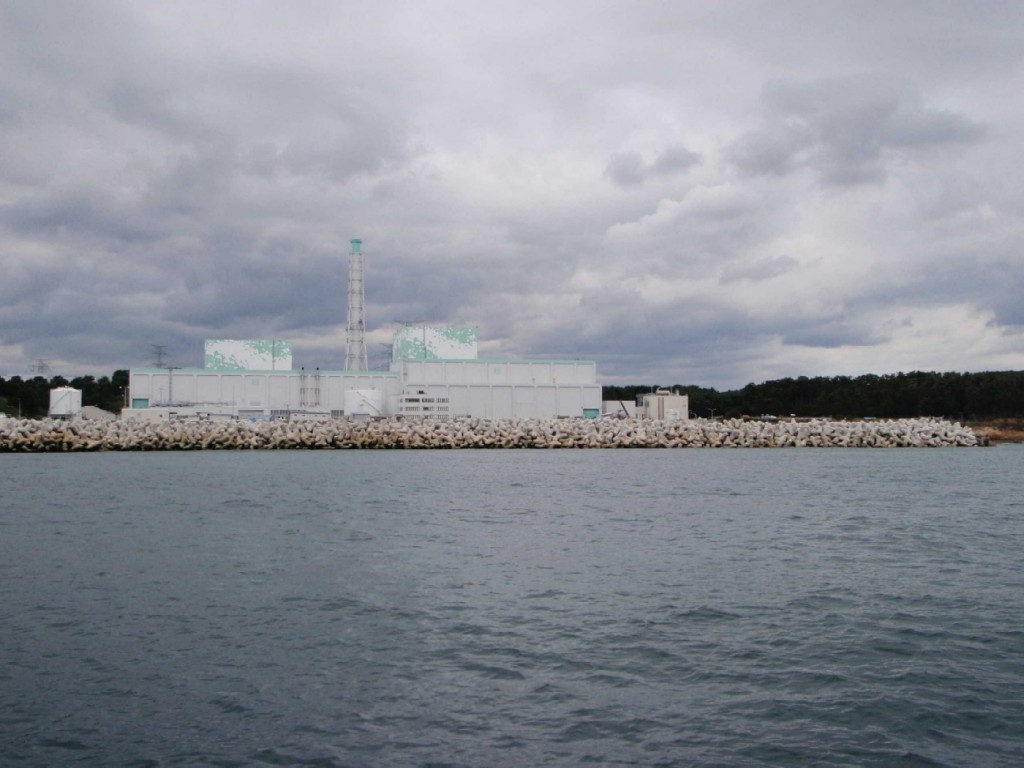Adding context to Japan’s (correct) decision to dispose of Fukushima wastewater
.jpg)
The Japanese government will soon announce the decision to dispose of stockpiled Fukushima wastewater into the Pacific Ocean, according to an AP News story published last Friday. The decision is years in the making and follows the guidelines from a panel of government-appointed experts named the Subcommittee on Handling of the ALPS-Treated Water (ALPS Subcommittee).


